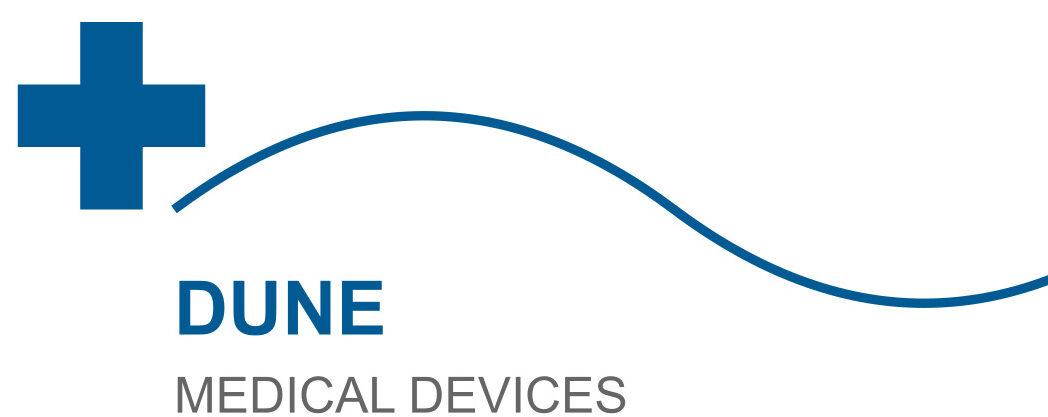“`html
Cavitation vs. Liposuction: Which Is Better?
When it comes to fat reduction, two popular options are cavitation and liposuction. While both aim to contour the body, they differ significantly in approach, recovery, and suitability. This article explores the key differences to help you decide which treatment aligns with your goals.
What Is Cavitation?
Cavitation is a non-invasive fat reduction treatment that uses ultrasound waves to break down fat cells. Unlike surgical procedures, it requires no incisions or anesthesia, making it a gentler alternative. The Non-Invasive Nature of Cavitation Explained further details how this technology works.
This method is ideal for individuals with small, stubborn fat deposits who prefer minimal downtime. Results are gradual, typically requiring multiple sessions for optimal outcomes.
What Is Liposuction?
Liposuction is a surgical procedure that removes fat through suction. It is highly effective for larger fat deposits and provides immediate results. However, it involves anesthesia, incisions, and a longer recovery period.
Due to its invasive nature, liposuction carries risks such as infection, scarring, and uneven contours. It is best suited for those seeking dramatic changes and willing to undergo surgery.
Key Differences Between Cavitation and Liposuction
| Factor | Cavitation | Liposuction |
|---|---|---|
| Invasiveness | Non-invasive | Surgical |
| Recovery Time | None to minimal | 1-2 weeks (or more) |
| Results | Gradual (multiple sessions) | Immediate |
| Best For | Small fat deposits | Large fat removal |
Who Should Choose Cavitation?
Cavitation is ideal for individuals who:
- Prefer non-surgical treatments
- Have minor fat bulges (e.g., love handles, thighs)
- Cannot commit to long recovery periods
For more on suitability, see our guide on Target Demographics for Cavitation Treatments.
Who Should Choose Liposuction?
Liposuction may be better for those who:
- Want significant fat reduction
- Are comfortable with surgery
- Have good skin elasticity
Frequently Asked Questions
Is cavitation painful?
No, cavitation is generally painless, with most patients experiencing only mild warmth or tingling.
How long do liposuction results last?
Results are permanent, but maintaining a stable weight is crucial to prevent new fat accumulation.
Can cavitation replace liposuction?
No, cavitation is best for minor contouring, while liposuction is more effective for substantial fat removal.
Conclusion: The choice between cavitation and liposuction depends on your goals, tolerance for downtime, and the amount of fat you wish to eliminate. Consult a qualified professional to determine the best option for your needs.
“`
